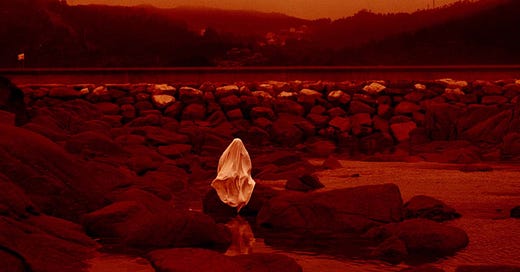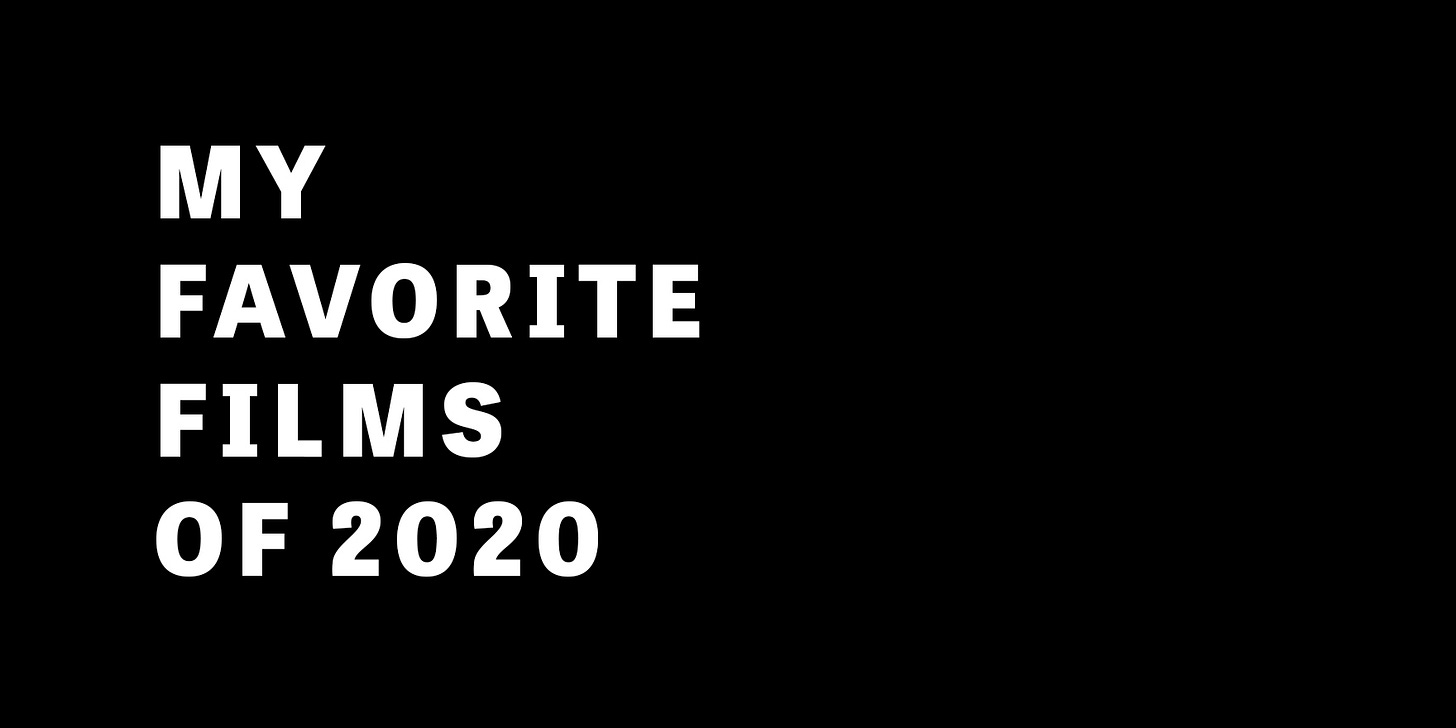A note on eligibility (skip this paragraph if you don’t care about film-critic inside baseball)
On Twitter last month there was heated debate around the appropriate eligibility criteria for end-of-year movie lists. A vocal majority held that any movies that premiered at film festivals in 2020 but did not have public releases within the same year should b…




